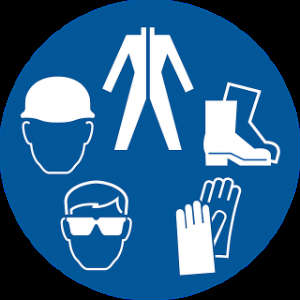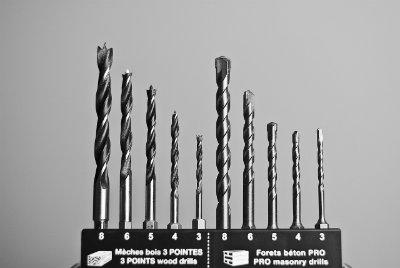An air compressor is a vital piece of machinery in all do-it-yourself projects. It is an arsenal that no DIY technician or crafts person should ever miss. A compressor greatly saves you time because pneumatic tools have the capability to undertake activities such as hammering, nailing, spraying, and sanding in a fraction of the time one would have consumed using manual labor.
The Importance Of An Air Compressor
Using an air compressor is one efficient way to help you handle some tasks that would normally be manually taxing, such as pressing, striking, and scrubbing; it saves your body the stress, fatigue, and soreness. More importantly, the use of an air compressor with the right tools gives your work some quality and professional finish that is beautiful to look at and will be functional for years down the road.
However, as you search for the perfect air compressor, there are a few things you need to consider, and these are:
- Know the type of environment in which you will be using your air compressor, as well as the amount of power required to run your operations. You will need to determine whether you will be using your air compressor indoors or outdoors.
- Ask yourself whether you will be working within the reach of power outlets or will your equipment need to run on fuel, gas or batteries. You will also need to know which pneumatic tools are applicable to your working needs. This way, you can choose the compressor that best fits these needs.
- Understand the specifications and features pertaining to how a given compressor will perform. For this you will need to learn of the various air compressor terms and what to look out for.
Terms To Be Familiar With
1. CFM– This is usually the most important number to consider when choosing an air compressor. The CFM (cubic foot per minute) tells you how fast the compressor can supply air and hence the tools it is able to operate at a time. It also determines the overall power capacity. If a tool uses air faster than the compressor can supply, you will need to stop intermittently and wait for the compressor to catch up. Manufacturers test compressors at 90 psi (an average setting for a nail gun). On average, many compressors range between 0.6 to 3.0 CFM.
2. PSI– Each type of pneumatic tool needs a specific rating for the pounds per square inch (PSI) rating. However, according to the familyhandyman.com, PSI is not much of an issue to consider because most compressors provide adequate pressure for DIY tools and tasks. However, having a smaller tank with a high PSI enables it hold much more air and thus perform like a big tank.
3. Horsepower– Air compressors’ power is measured by its horsepower (HP). Depending on the size or design of a specific compressor, it could possess anywhere between 1.5 and 500 HP. Those with high HP are more flexible and tend to generate more CFM/HP.
d) SCFM– This means the ‘Standard Cubic feet per minute’ which means CFM on the machines with nothing but standard conditions. The acronym is rarely used at the moment but worth knowing should you ever encounter it.
Portable, Stationery, And Power Choices
Choose between portable and stationery air compressors. As the name suggests, portable compressors are built  with ease of mobility in mind. Portable compressors are very reliable as they can easily be carried to any point the user requires.
with ease of mobility in mind. Portable compressors are very reliable as they can easily be carried to any point the user requires.
A stationery air compressor on the other hand is a large and heavier machine that is designed to be mounted for use in one place. Stationery air compressors possess greater sources of power than their portable counterparts. They have greater CFM and PSI output and hence can be used for larger and more power-hungry projects.
Consider the drive system needed. If the compressor is to be used in an area where electrical power is always available, then choose one with an electric motor drive system. These systems are significantly less expensive to purchase and maintain over time. If electrical power is not available, then opt for a gasoline powered compressor. They offer great portability and flexibility of use.
All in all, remember that for you to receive a reliable, quality, and durable machine, you must buy from a reputable dealer, in so doing you also minimize the chances of suffering any injuries from defective tools.





